Clashes erupted between Iranian and Taliban forces at the border, leaving two dead and several injured, amid a dispute over water usage rights.
"Iranian border forces fired toward Afghanistan and were met with retaliation," Afghan Interior Ministry spokesman Abdul Nafy Takor tweeted on May 27, adding that the clashes occurred in the border province of Nimroz, southwestern Afghanistan.
Meanwhile, the Iranian news agency IRNA quoted deputy police commander Qassem Rezaee as saying that "the Taliban began firing with various weapons" at an Iranian police station in Sistan-Baluchistan province. According to Tasnim , "light weapons and artillery were used in the clashes."
"The Taliban forces did not abide by international law and neighborly friendship, which led to our response," Rezaee said.
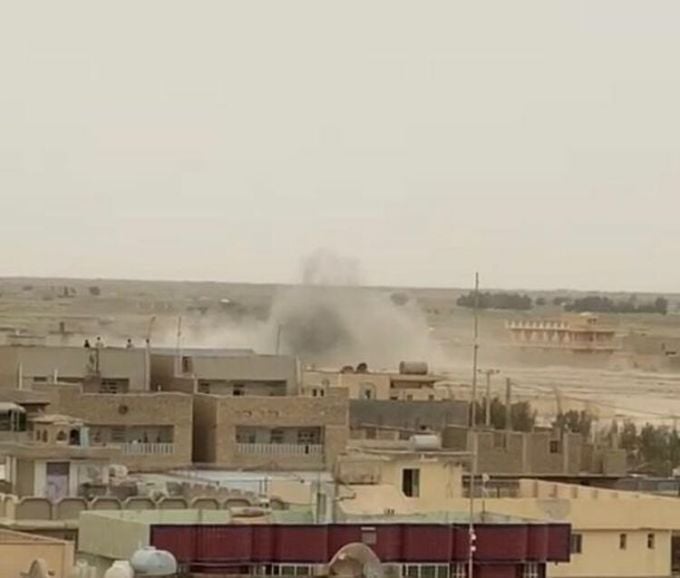
Smoke rises from fighting in a border village between Iran and Afghanistan on May 27. Photo: Iranintl
Iranian police did not provide details on casualties, while Mehr reported that an Iranian border guard was killed.
"In the clashes, each side suffered one fatality and several injuries," Nafy Takor added. "The issue has been reported to the leaders of both sides and the situation is now under control. The Islamic Emirate of Afghanistan does not want conflict with its neighbor."
The cause of the border clashes between the two sides remains unclear. Iran does not recognize the Taliban regime, and relations between the two countries have recently been strained due to water disputes. Last week, Iran demanded that Afghanistan respect its "right to use water," alleging that a dam upstream on the Helmand River is restricting flow into a lake located on the shared border between the two countries.
During a visit to the arid southeastern region on May 18, Iranian President Ebrahim Raisi demanded that the Taliban "immediately grant water access to the people of Sistan-Baluchistan."
The Helmand River, over 1,000 km long, flows from the mountainous region of the province of the same name in central Afghanistan into Lake Hamoun, located on the Afghanistan-Iran border. Afghanistan attributes the river's flow to climatic factors.
Iran asserts its right to use the Helmand River's water resources, a claim legally established in a 1973 agreement between the two sides, and demands that Taliban leaders uphold the agreement. Tehran declared last week that it reserves the right to act to resolve the dispute.
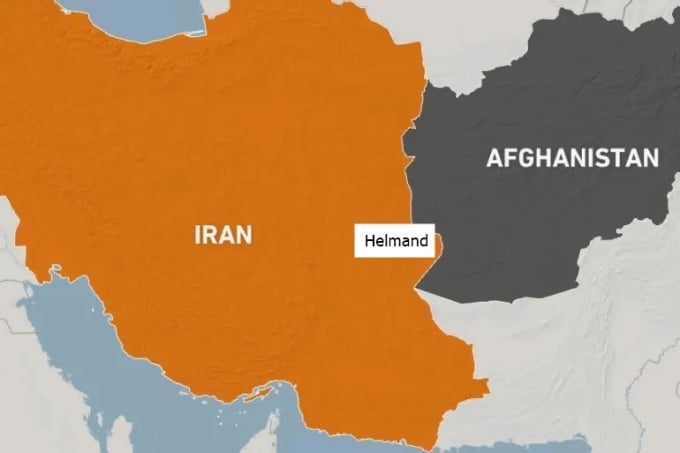
Location of Helmand. Graphic: Al Jazeera
Huyen Le (According to AFP , Reuters )
Source link






















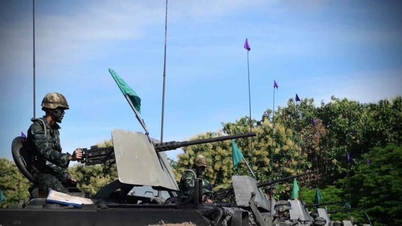
























































































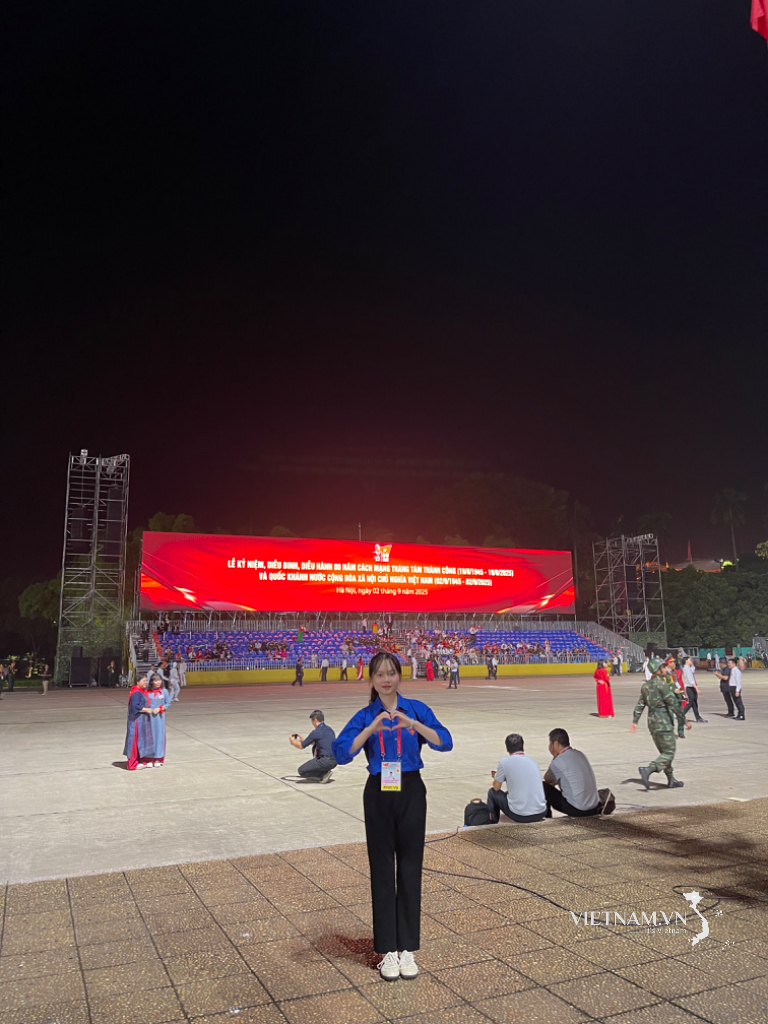
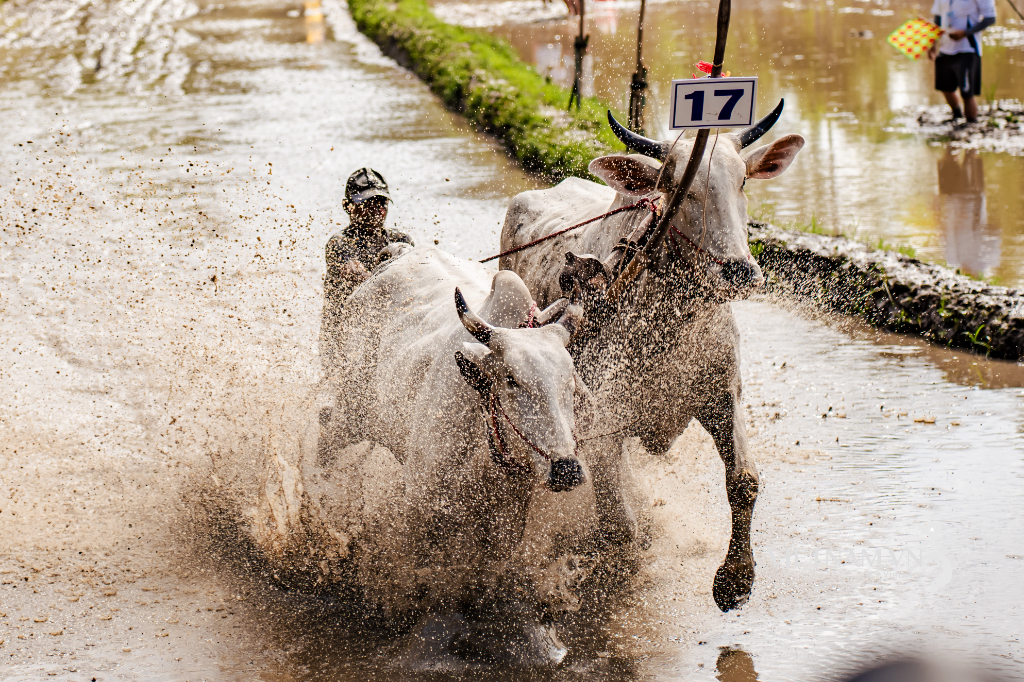
Comment (0)